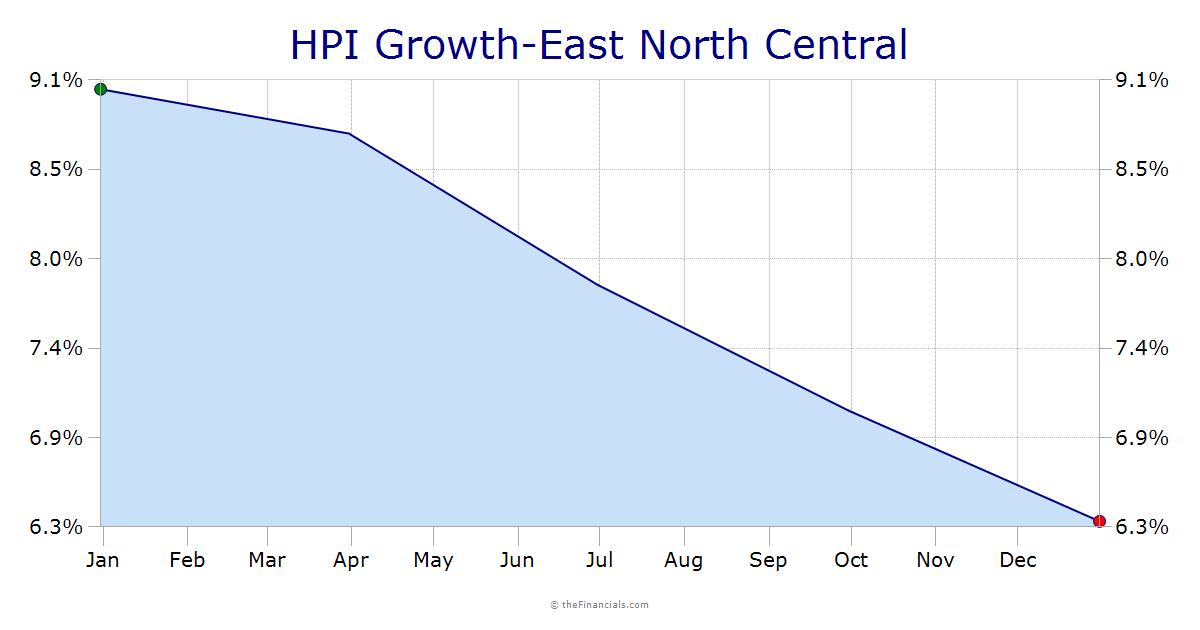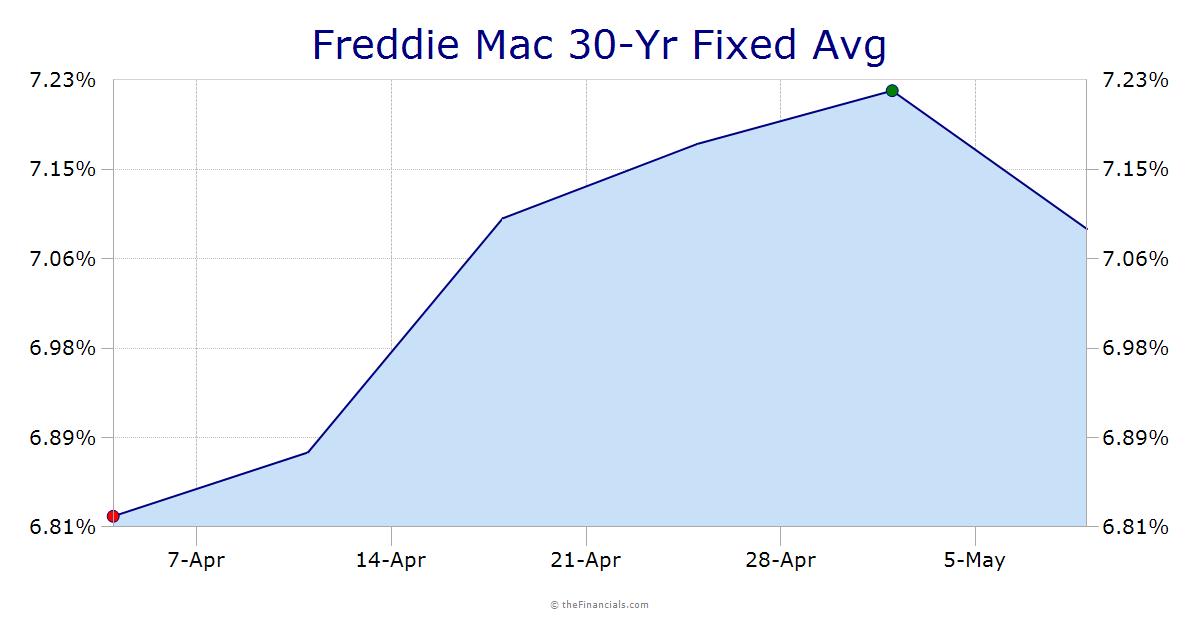by Russ Wiles The Arizona Republic Jan. 24, 2010 12:00 AM
If you felt like devising a slogan for the coming income-tax season, a good one might be: "Patience required."
Filing a tax return can be a daunting exercise even in normal years, but Congress has added several new wrinkles that undoubtedly will confuse people. These include everything from new tax breaks for college expenses to those for energy-efficient home improvements and new-vehicle purchases.
Even in a normal year, tax complexity is the top problem facing taxpayers and the Internal Revenue Service alike, warns Nina E. Olson, the IRS' national taxpayer advocate, whose office estimates individuals and businesses spend 7.6 billion hours each year dealing with filing requirements.
This year, anyone seeking to get answers over the phone from the IRS could be in for a real struggle, Olson warned in a recent report to Congress.
"This year's Number 1 most serious problem for taxpayers: the declining level of service for IRS toll-free lines," she wrote.
The IRS' ability to handle callers has declined for a couple of years, as wait times have lengthened. For the current fiscal year, the agency has set a goal of answering 71 percent of the calls with a live person rather than a recording.
"In other words, the IRS is planning to be unable to answer about three out of every 10 calls it receives," Olson wrote. "Moreover, those taxpayers that are able to get through to an assistor will have to wait, on average, 12 minutes."
If the IRS is able to handle 71 percent of callers with a live person, that actually would be an improvement over the 64 percent who got through last year, down from 77 percent in 2008 and 83 percent in 2007.
When callers get frustrated about not getting through in a timely fashion, Olson wrote, it creates "downstream consequences," such as avoidable mistakes committed by some taxpayers and a failure by others to file at all.
• Could the IRS make the tax-filing exercise easier on taxpayers by studying them more carefully?
One of Olson's suggestions is for an in-house IRS "cognitive research lab" that would be charged with understanding taxpayer behavior to devise more effective programs, clearer forms and notices, and so on. The idea would be to bring IRS officials together with psychologists, sociologists and other experts to conduct tests on taxpayers and observe their reactions to various forms, notices, programs and the like.
Although it sounds a bit like Big Brother in action, Olson argues the effort would result in improvements over the current situation, whereby the IRS releases products and programs without knowing whether they're effective.
• The IRS for years has encouraged people to file tax returns electronically, but anyone claiming the credit for first-time homebuyers this season won't be able to do so.
The documentation rules designed to deter fraud in connection with the program require taxpayers to file paper returns. Taxpayers still can use IRS Free File or other software products to prepare their returns, but they will need to print out and mail everything.
Those documents include a copy of a home-purchase settlement statement or a copy of the certificate of occupancy on newly constructed homes.
Existing homeowners who buy a new principal residence under the program need to supply additional paperwork.
The IRS also warns of delays in processing returns submitted by taxpayers who claim the credit, with the first refunds likely to be issued no sooner than late March.
• Enjoy the current tax rules, because next year's could be more complex.
So warns tax-researcher CCH Inc., which notes Congress will need to address a slew of issues in 2010, including several provisions that typically are extended on an annual basis such as those pertaining to the alternative minimum tax and optional sales-tax deduction.
Plus, the future of the estate tax hasn't been resolved and - even more critical - ordinary income-tax rates are set to expire at the end of 2010.
The White House has proposed keeping tax rates about where they are for low- and moderate-income filers, but higher rates loom for people earning more than $125,000 (individuals) or $250,000 (joint filers), said Mark Luscombe, principal federal-tax analyst at CCH.
If that's not enough, the tax code's complexity could rise several more notches if the government passes health-care reform this year.
Sunday, January 24, 2010
Real Estate News
Reuters: Business News
- 👉 A major cyber attack under way. A sophisticated state-based actor is targeting all levels of Australian government and a range of... via Hvper.com - 6/19/2020 -
- 👉 Police officers shoot and kill Los Angeles security guard: 'He ran because he was scared' via Hvper.com - 6/19/2020 -
- 👉 People Are Filming Creepshots of Women at BLM Protests via Hvper.com - 6/19/2020 -
- 👉 "I want you to look me in my eye and say that you're sorry": Man who lost his eye protesting says he demands a response from the mayor via Hvper.com - 6/19/2020 -
- 👉 Facebook Removes Trump Political Ads With Nazi Symbol. Campaign Calls It An 'Emoji' via Hvper.com - 6/19/2020 -
National Commercial Real Estate News From CoStar Group
- Experts share best practices for hotel design that promote flexibility, timelessness - 8/21/2025 - Bryan Wroten
- Cushman & Wakefield picked by Woodside Energy for real estate services across 14 countries - 8/21/2025 - Paul Norman
- New investor shares his story of securing the initial capital for a hotel fund - 8/21/2025 - Natalie Harms
- Amazon-backed housing development breaks ground east of Seattle - 8/20/2025 - Randyl Drummer
- Hyundai inks one of Southern California’s largest office leases of the year - 8/20/2025 - Katie Burke
Latest stock market news from Wall Street - CNNMoney.com
- Barnes & Noble stock soars 20% as it explores a sale - 10/3/2018 -
- Toys 'R' Us brand may be brought back to life - 10/3/2018 -
- Honda teams up with GM on self-driving cars - 10/3/2018 -
- Aston Martin falls 5% in London IPO - 10/3/2018 -
- JCPenney names Jill Soltau as its new CEO - 10/2/2018 -
Archive
-
▼
2010
(632)
-
▼
January
(26)
- Foreclosure data: Prices are close to the bottom
- 'Walking away' not immoral, prof says
- California investors keep eye on Chandler Elevatio...
- Roubini on Markets, Economy
- Fed to drop Fed Funds Rate as new policy tool?
- S&P/Case-Shiller Home Price Indices
- Market Recap - week ending 01/22/10
- Tax-lien auction may be lucrative
- Patience is key to filing your taxes
- American Indians moving ahead with high-profile pr...
- Remember basics as your 401(k) rebounds
- Relief Without Limits: Fannie Mae, Freddie Mac Get...
- Frank to Recommend Replacing Fannie Mae, Freddie Mac
- China to curb lending binge
- Wells Fargo optimistic on economy
- Awesome Views!
- Market Recap - week ending 01/15/10
- FHA lifts 90-day waiting period
- Arizona to get more aid for neighborhoods hurt by ...
- Personal Bankruptcy Filings Rising Fast
- Taxing bailed-out banks
- What makes a market thrive?
- Lender to foreclose on ailing CityNorth
- Arizona’s road to recovery mapped out
- Housing market up slightly, but outlook for 2010 m...
- GSE Portfolio Update: Delinquencies Up, Refinances...
-
▼
January
(26)
Recent Comments
- Влагостойкая фанера ФСФ - область применения http:... - 12/8/2022 - Anonymous
- Особенностью ламинированной пленки есть не только ... - 12/3/2022 - Anonymous
- Значительная часть возможностей портала Лиопал пре... - 11/11/2022 - Anonymous
- Опытный штат работников компании Liopal сможет соз... - 11/10/2022 - Anonymous
- можно ли пробить номер телефона - 11/2/2022 - Anonymous







